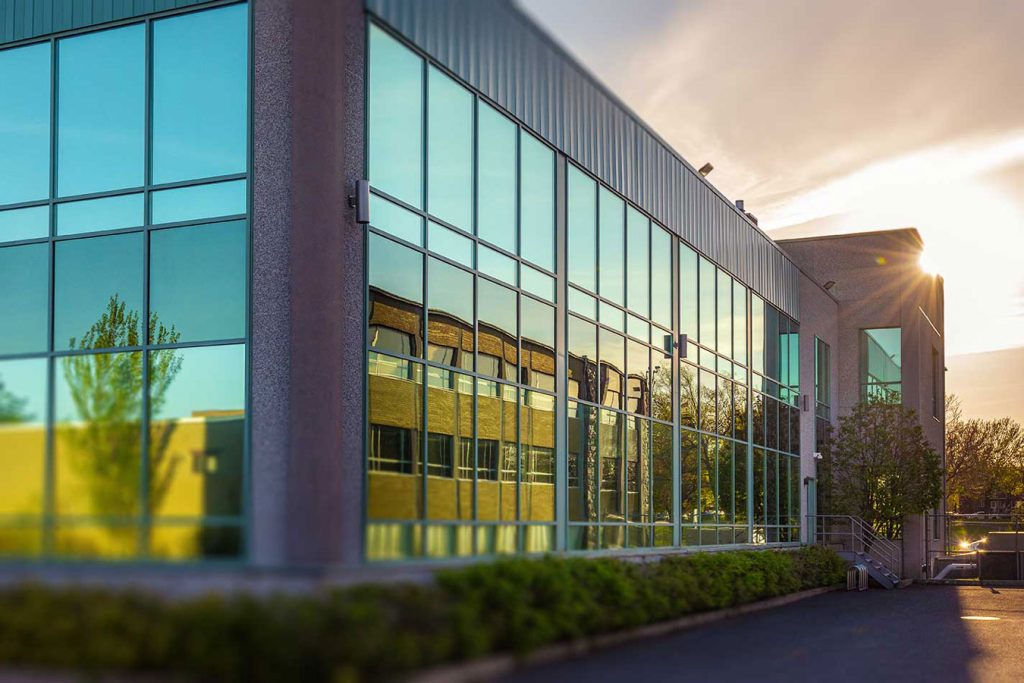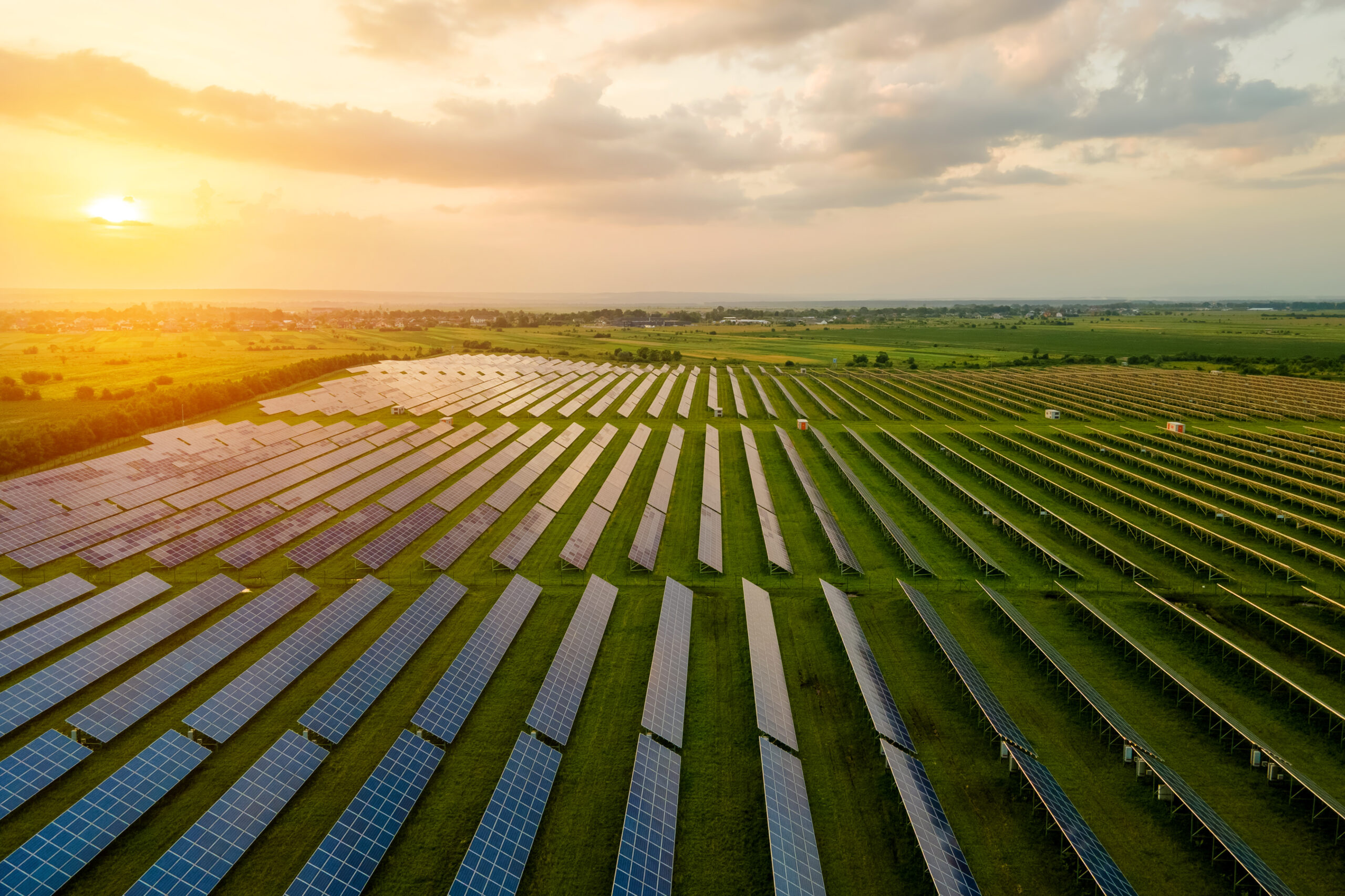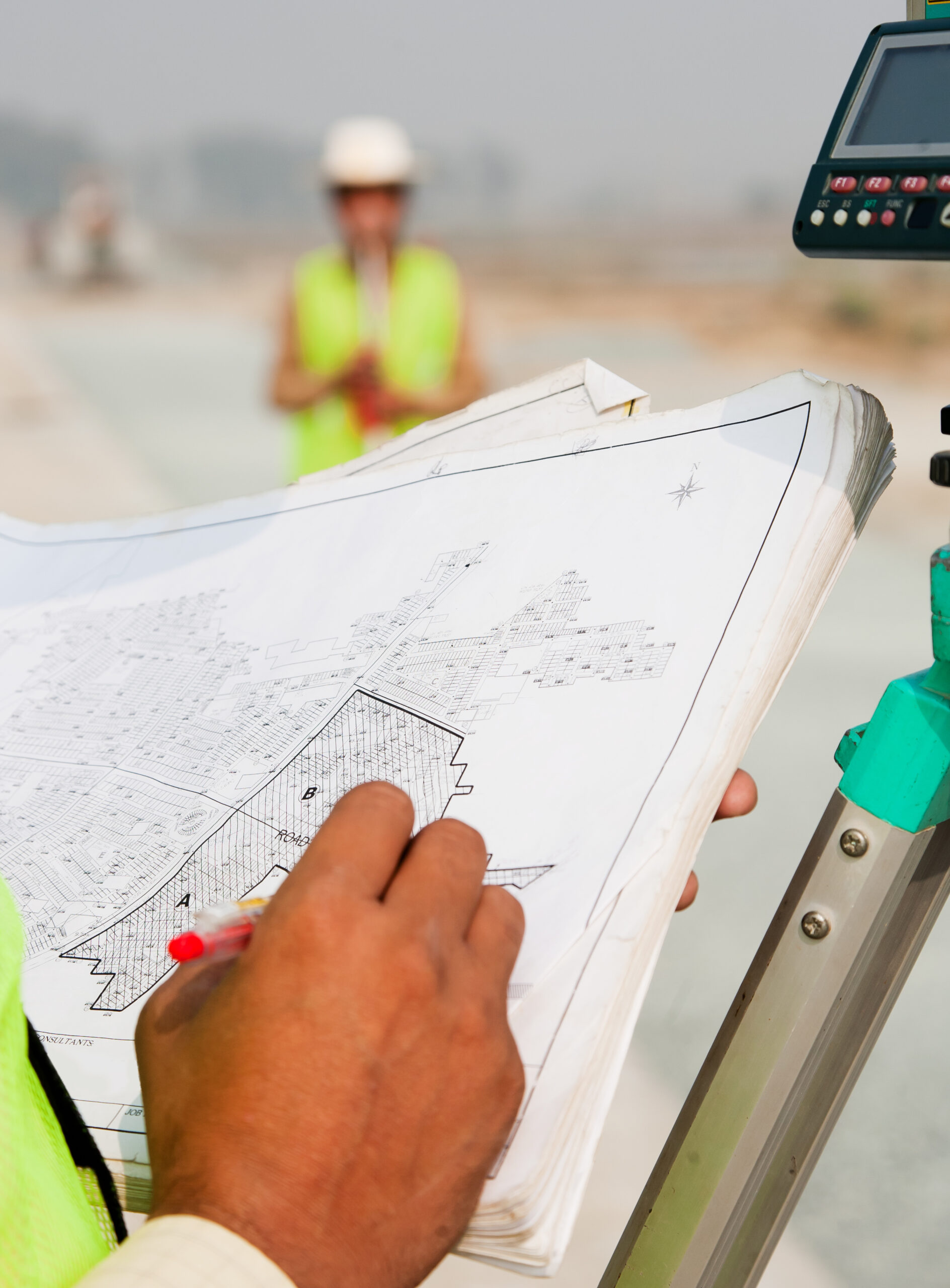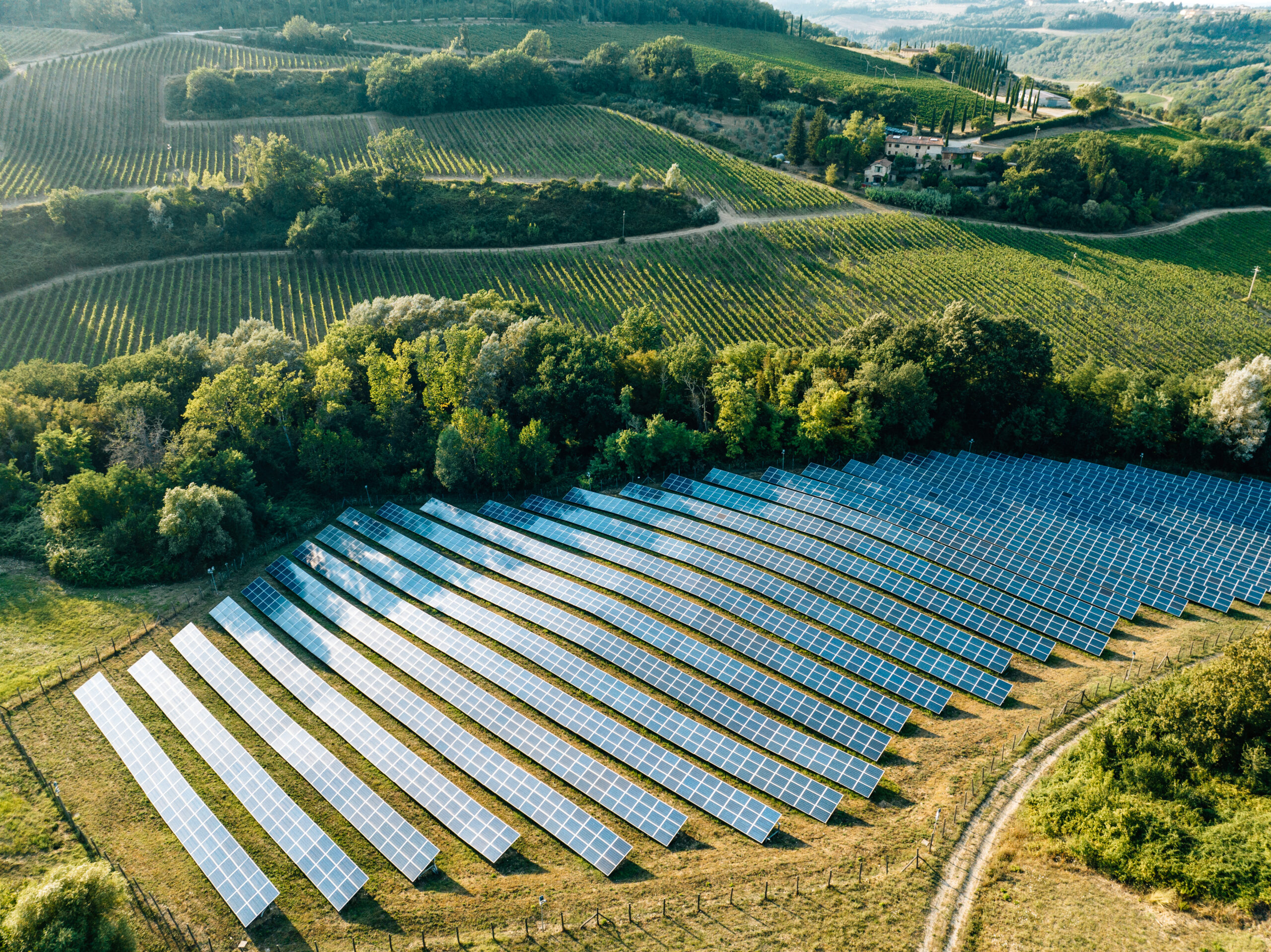Solar panels are at the forefront of renewable energy. However, integrating solar installations into existing land use can be legally challenging. Dalton & Tomich has the knowledge you need to overcome these complexities.

Avoid unexpected pitfalls and rest easy knowing we have everything covered.
While agents and brokers can help find a property, they do not always provide guidance through the actual buying and selling process. That’s why partnering with an attorney who understands legal considerations and potential risks is important to make sure you have a successful commercial real estate deal.
Dalton & Tomich understand local laws in Michigan and Illinois as well as the ins and outs of the commercial real estate process. We offer a full range of land use services, and we use our knowledge to help you avoid pitfalls and navigate any zoning issues that might arise during the buying or selling process.
FREE GUIDE: Commercial Real Estate Checklist
If you find yourself experiencing a riparian rights conflict, we can help.
Legal Challenges Solar Companies Might Encounter
Legal challenges faced by developers when attempting to build solar fields in municipalities where there is opposition to them can be complex and varied. These challenges often involve navigating a web of federal, state, and local regulations, as well as addressing concerns raised by local residents. Here are some of the legal challenges that solar companies may encounter:

Zoning and Land Use Regulations
Zoning laws and land use regulations can prohibit or restrict the development of solar fields in certain areas. Solar companies may need to challenge or seek exemptions from these regulations to proceed with their projects.
Permitting and Approvals
Obtaining the necessary permits and approvals for solar installations can be a significant legal hurdle. Some municipalities may delay or deny permits, requiring solar companies to engage in legal battles to secure them.
Environmental Regulations
Solar projects may need to comply with various environmental regulations, such as those related to wetlands, wildlife habitats, and water quality. Challenges can arise if local or state officials believe that these regulations are not being adequately addressed.
Local Ordinances and Ordinance Changes
Municipalities may introduce new ordinances or change existing ones to hinder solar development. Solar companies may need to challenge these ordinances on legal grounds if they believe they are unjust or unlawful.
Property Rights
Land acquisition for solar projects may involve negotiations with property owners, which can lead to disputes over fair compensation or contract terms for landowners.
Contractual Disputes
Solar companies often enter into contracts with landowners, suppliers, and other stakeholders. Legal disputes can arise from contract disagreements, construction delays, or issues related to land lease agreements.
Public Hearings and Appeals
Municipalities often hold public hearings during the permitting process, providing opportunities for opponents to voice their concerns. Solar companies may need to participate in these hearings and, if necessary, file legal appeals.
Utility Regulations
Depending on the jurisdiction, utility regulations can impact the ability of solar companies to connect their projects to the grid. This may involve navigating complex interconnection rules.
Federal and State Lawsuits
In some cases, solar companies may initiate lawsuits at the federal or state level to challenge local ordinances or regulations that they believe are unlawfully obstructing their projects. In other cases, opponents of a project may file suit against the developer.
Community Engagement and Mitigation
Legal challenges can sometimes be mitigated through negotiation and community engagement efforts. Developers may need to work closely with municipalities to address concerns and modify project plans to gain support.
Constitutional Issues
Developers and landowners may raise constitutional arguments, such as claims related to property rights, equal protection, or due process, in response to actions taken by municipalities that they perceive as infringing upon their rights.
Navigating these legal challenges requires a strong legal team and a comprehensive understanding of federal, state, and local laws and regulations. Developers and landowners may also need to build a case based on the economic, environmental, and social benefits of their projects to counter opposition from municipalities and local residents. Legal challenges in these cases can be protracted and resource-intensive, making it essential for developers to be well-prepared and committed to their projects.








